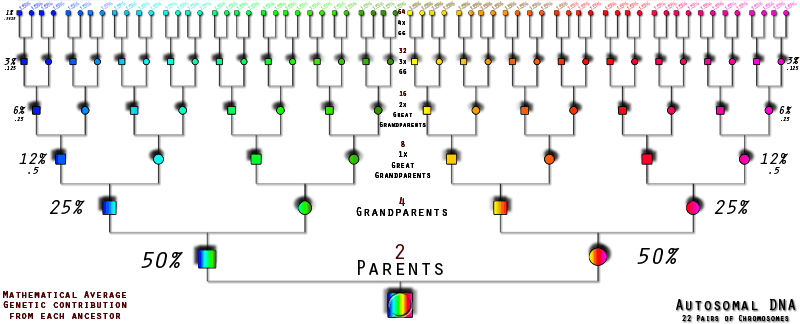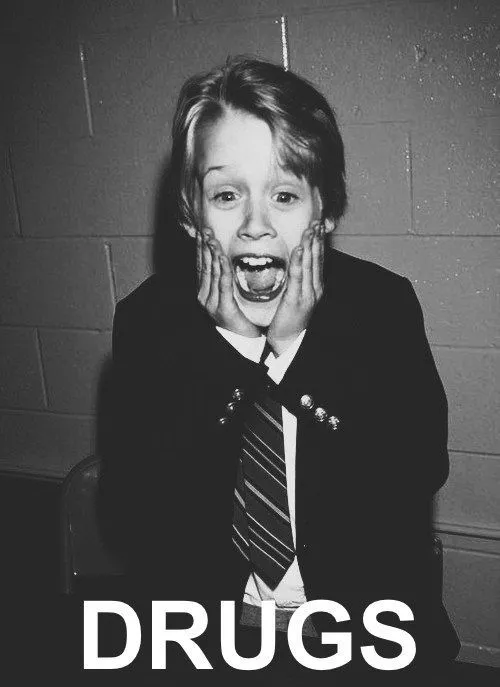For the greater part of human history, humans have come to believe that their actions meant something. It was vital to aspire to something greater than ourselves. Having a sense of control in a world that seemed chaotic was rather a necessity for social cohesion and meaningful existence. Nonetheless, If we examine free will from a rational point of view we would soon be realizing that it is nothing but an unsupported assumption — mostly based on emotion rather than critical thinking.
Part of the reason the belief for free evolved was our teleological perception about the world. We believed that we were are the center of it all and that some higher power breathed life to everything around us, for us. We assumed through early religion and philosophy that we had all the power in our hands. Moreover, this belief in free-will ensured responsibility and helped in the development of communal ethos. If people were indeed responsible for their actions, society would benefit by having a solid moral strata. It made sense from a functional point of view and this is the main reason it became fused in such an extent in both politics and religion.
Little did our ancestors know about what makes a human, human. We know today that about bodies are largely influenced by the actions of bacteria, neurotransmitters and hormonal imbalances. Those can be random at times due to the complexity of human physiology. 1 in 10 human cells in our bodies are bacterial. Food affects largely our state of mind.
Perhaps the best argument against the assumption of free will is our culture itself. We are all by-products of both our random ancestral DNA as well as the constant behavior of our family and friends. Just to demonstrate how sensitive the balances are, a recent study demonstrated that a hot cup of beverage can influence massively our perception. Now imagine how all these trillions of daily "hot cup events" add up in the largest scheme of thing. One soon realizes that we are nothing but post-hoc reactive beings.

Recent advances in neurobiology have demonstrated that the microbes in our stomach can affect our mood. Many other studies have also demonstrated similar effects — such as how people with depression have different microbial flora that healthy individuals.
Defenders of free will, would still support then even after all these evidence, humans can have control over their direct actions. This is nothing but an illusion though. Let's take for example a heist. If we are running away from a group of people with guns. (with each carefully placed in different places across the city) our free-will will be influenced. Our running path would be different than the one we would have originally planned. Even if after we would have escaped, we would end end up in a specific place that was not our intention. Asserting that our thereafter decisions are a product of free will is rather pointless. All the events that happened before demonstrate that any current perception of free-will is a self inflicted delusion. Much like the armed individuals, nature guides us in many ways into specific behavioral patterns.
 source
source

Although early thinkers had their doubts about free will, cause and effect as a by-product of evolution eroded the belief. If we are indeed by-products of a line of inheritance then how much freedom do we really have in our choices? Even if the assumption in favor of (some) free will can be made, how one can objectively measure in it?
There is absolutely no doubt that the firing of neurons determines not just some or most but all of our thoughts, memories, and dreams. More so, everything takes place in our synapses 7 seconds before we even come to realize that these thoughts exist. During the 1980's the physiologist Benjamin Libet demonstrated that the conscious experience of deciding to act (the epitome of free will) is rather a post hoc reconstruction of a series of events that occurs after the brain has already set the act in motion.
If one favors of free will, then one should also reject the effects of medicine. If we indeed are in control of our bodies and mood then neither drugs or medication should be able to alter our state of mind. Additionally, changes in our brain structure such as tumors or other trauma can cause dramatic personality changes (e.g someone can become a pedophile).

At the end of the day the belief in free will only exists because people wish to believe that we ought to be accountable for our actions. It is a moral imperative not a by-product of critical thinking. Rationally and scientifically, the truth is rather uncomfortable. If people stop believing that they are free agents, they detach themselves from their actions. Free will does not and cannot exist. Belief in free will on other hand is very much real and a necessity for most people in order to be able to go on.



